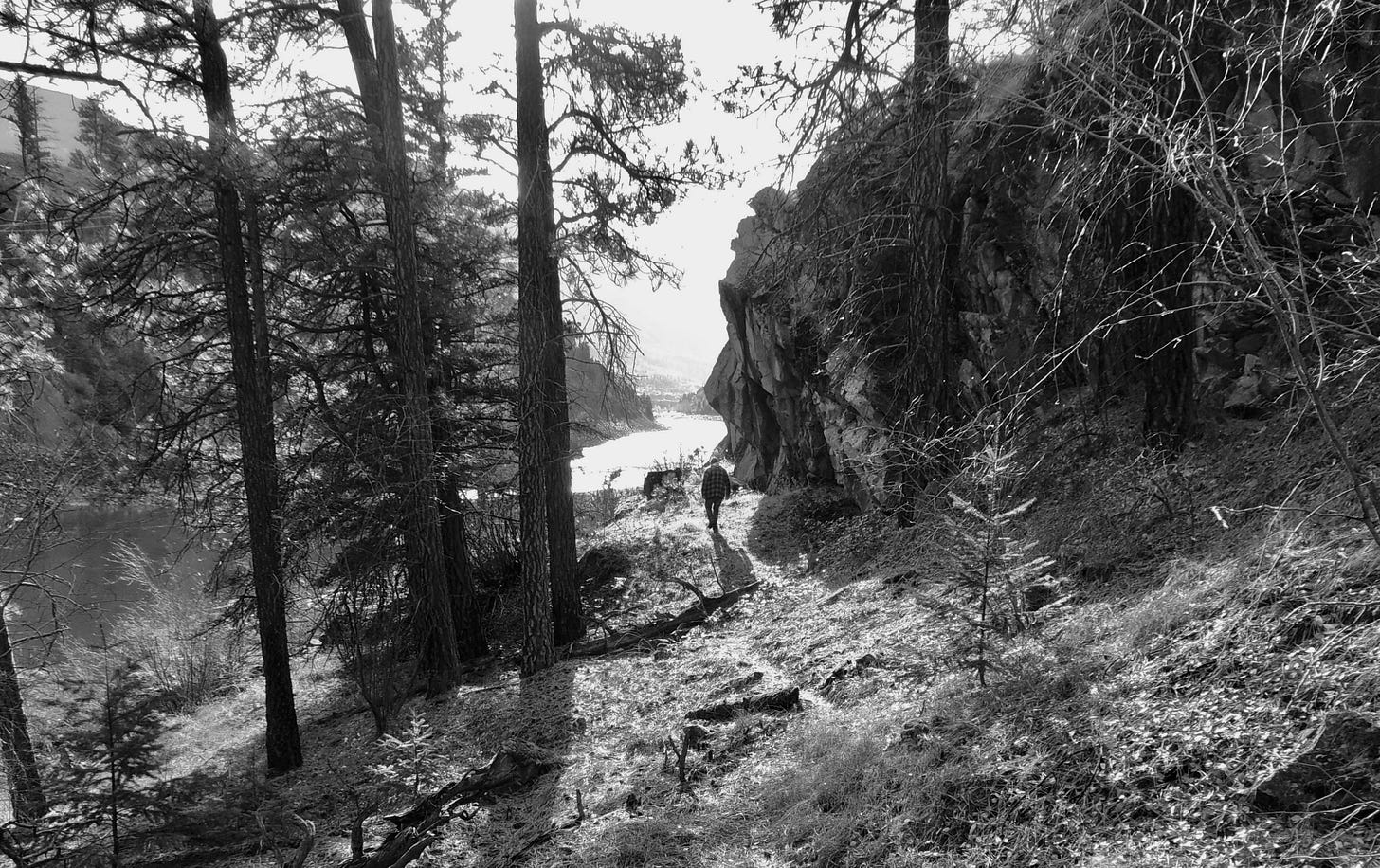Science as the Enemy
Science is a method, and nothing more. It’s a way of looking at the world critically, with doubt and skepticism, a dogged quest for reality, a search for, and testing of, truth. For some strange reason this makes it the enemy. Science has supposedly shape-shifted into a source of evil facts whose only goal is to attack our beliefs.
Politics and religion are the major opponents of science. Time and again they pledge to save us from its soul-destroying honesty.
Politicians rely on emotions. Using half-truths, exaggerations, and false empathy they can cloud our judgement with false sincerity and rhetoric. They promise us personal integrity, future prosperity, and justice for all, but their actions show these challenges to be far beyond their capacity. In an effort to hide their deficiencies they impose secrecy at every access point. Science asks straight-forward simple questions and these questions embarrass and weaken politicians.
Meanwhile, religion, that other powerful anti-science advocate, is at an even greater risk with provable realities being their primary existential threat. Religion is home to the mystical, the miracles, where the impossible becomes possible if only we have faith. Their response to the threat of science is to roll forward their heaviest armour in the form of heavenly protection and life everlasting. Unfortunately, heavenly protection has always sounded better than it looked, placing whatever group you belong to above the rest. Like the sports heroes who thank Jesus Christ for giving them victory over supposedly less deserving opponents, but it does feel right to those who believe.
The truly scary one to lose is the afterlife. Rejecting it is beyond frightening. To accept death as the end, with nothing more, changes our whole vision of ourselves. The entire history of self-aware humanity is based on life-everlasting. It has justified and explained our actions for over a thousand generations. Denying it must be wrong, even malicious, therefore, science has to be wrong. Of course, science doesn’t say there is no afterlife, only that no proof exists.
Religion holds tightly to its role as the traditional line of last defence, the drug that cures all of our fears. Its champions offer control, protection, and immortality, so long as we accept without question, but in doing so we must reject reality. For instance, its proponents hide the fact that science isn’t an ideology. It doesn’t compete with faith. Its only task is to examine and test knowledge and because of this it must accept all possibilities, including the possibility that God exists. You can actually believe in God without the support of organized religion. Many, perhaps most, scientists do believe in God.
In the search for truth science embraces uncertainty, and embedded within uncertainty is a recognition that, inherently, science must also embrace that we have no proof God doesn’t exist. It’s not a black and white battle. Those who tell you differently have their own agenda.
Just a Picture





